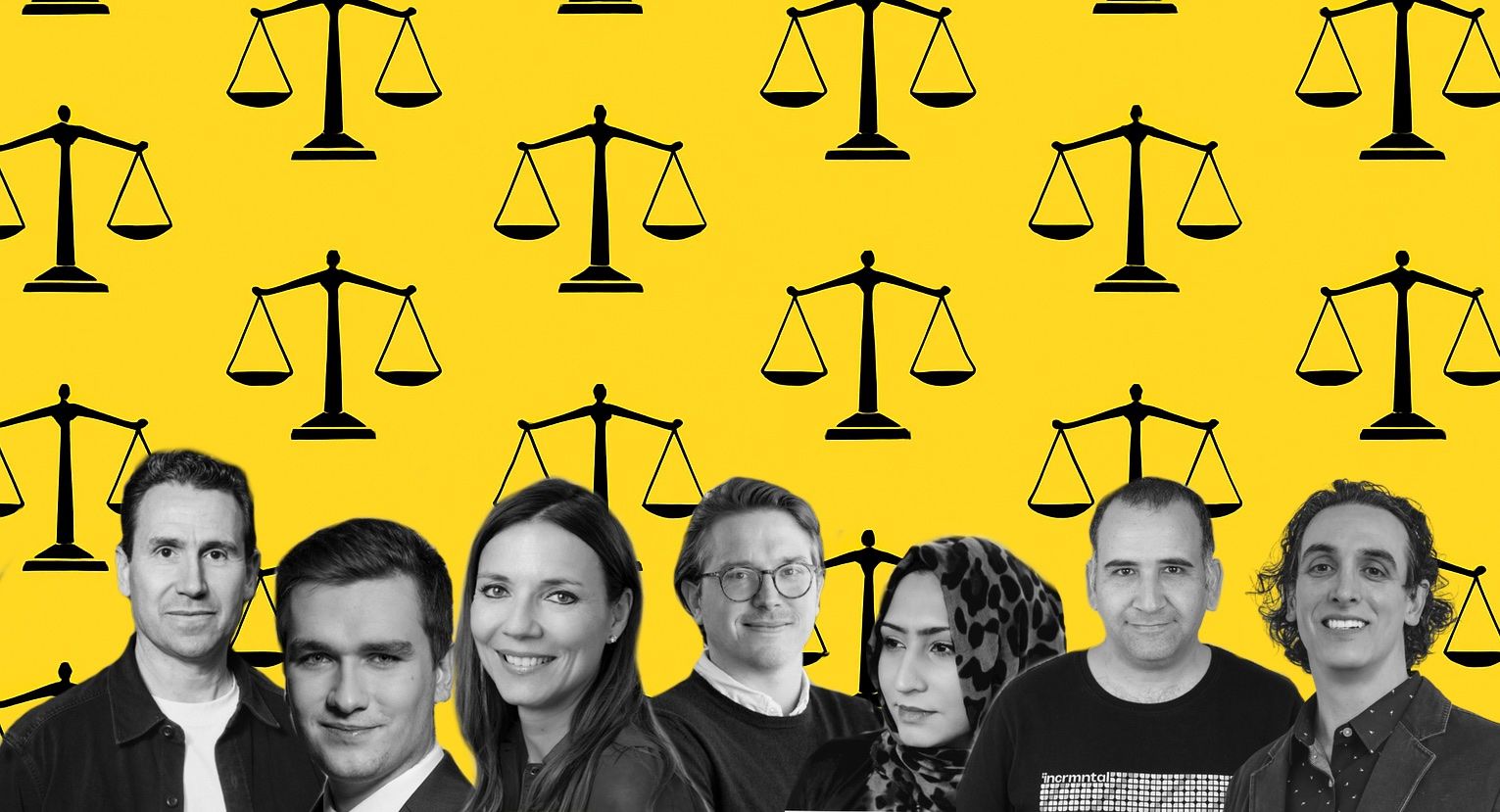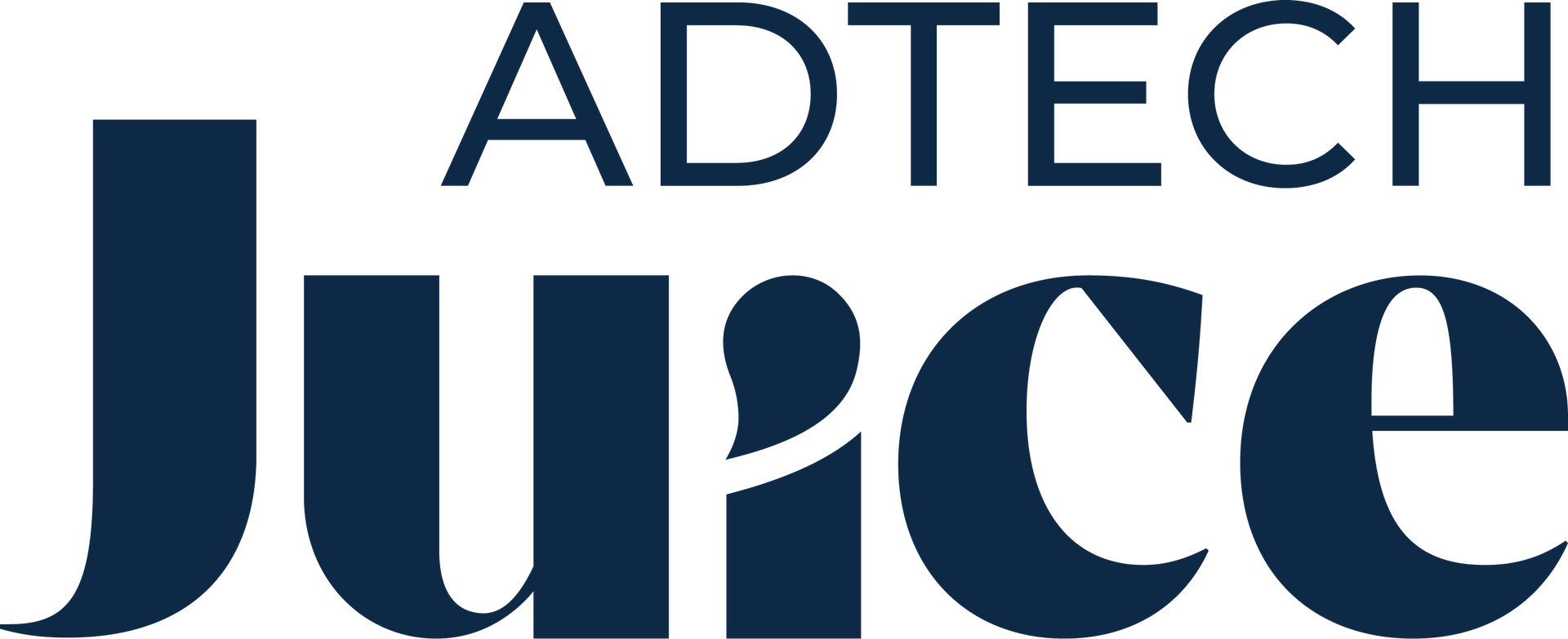Industry Reacts: 7 Leaders on Google’s Antitrust ‘Win’ and AI Search

Last week, a verdict was reached at Google’s widely reported antitrust legal case. The lawsuit has put Google under the microscope over having a possible monopoly over online search and advertising, with the US Department of Justice (DoJ) arguing this stunts competition in the space. However, a ruling decided Google doesn’t need to break up its Android or Chrome businesses.
Instead, Google must share some search data and can’t pay to be the exclusive search engine on search browsers, such as Apple’s Safari, but it can pay to be a search engine.
The verdict comes as Google doubles down on AI-driven search, having a detrimental impact on publisher websites and their ads-based business model.
Simultaneously, UK publishers – including DMG Media and The Guardian – call for the CMA to include Google’s AI model Gemini in its investigation into the tech company’s market dominance.
FutureWeek caught up with leaders in the media and marketing world, to find out what Google’s ‘win’ means.
Josh Preston-White, VP of Paid Search, Jellyfish
“The announcement that Google will retain control of Chrome is a major win for the company, offering a rare moment of stability in what has been a turbulent period for search marketers. While Google will face limits on revenue-share agreements, it’s unlikely to lose its dominance in the search space, especially as it continues rolling out features like AI Overviews and AI Mode. The ruling also doesn’t signal a shift away from Google’s push into automated campaign solutions, as it won’t be required to restore the ‘exact match’ keyword function. For marketers, one silver lining is the requirement for greater transparency in the ad auction process; however, with Google planning to appeal, the process could drag on for years before any real changes take effect.”
Chris Pettit, CEO & Co-founder, Revving
“The court’s ruling sends a clear message that no company, not even Google, can rely on its dominance to control the market. For years, Google’s position as the default search engine has limited choice for marketers, funnelling audiences through a single route and making it harder to diversify ad strategies. By opening up data and curbing exclusivity deals, this decision could spark a much more competitive and innovative search landscape. For advertisers, this could mean real, tangible change. Instead of being tied to one main platform, they’ll have access to new search partners, richer data, and fresh ways to reach audiences. It could also drive down costs by introducing more competition, while forcing platforms to be more transparent and accountable.
“At the same time, AI is rapidly changing how people discover products and services. Search is no longer just about a browser bar – it’s happening through voice assistants, social platforms, and AI-driven tools. If this ruling works as intended, it will prevent any single company from locking down these emerging channels, giving marketers the flexibility they need to adapt and grow in a shifting landscape.”
Stephanie Himoff, Executive Vice President of Global Publishers, Teads
“Publishers have reacted with frustration to the Google ruling, many calling it a “big win for Google” that leaves journalism exposed. Research cited by The Guardian suggests some outlets have lost up to 80 percent of search-driven clicks as AI Overviews replace traditional results, a devastating blow to referral-driven models. Industry groups argue the decision missed a chance to curb Google’s dominance or give publishers control over how their content is used in AI systems. The creation of a Technical Committee is viewed as the one real opening. If it is given teeth, it could allow publishers and rival platforms to help monitor compliance and shape standards for fairer competition. Without strong representation, it risks becoming symbolic. For now, the ruling sets precedent but leaves the core question unresolved: whether quality journalism can remain sustainable in an ecosystem still tilted toward Google.”
Matthew Bertram, Fractional CMO, Oil and Gas Network
“Google’s antitrust win signals stability for its advertising ecosystem, but it also raises questions for publishers and advertisers alike. For publishers, the decision means continued reliance on Google’s platforms for traffic and ad revenue, particularly through search and programmatic networks. While this provides consistency, it also highlights the need to diversify traffic sources to avoid overdependence on a single gatekeeper. Advertisers can expect familiar targeting and bidding tools to remain intact, maintaining efficiency in reaching audiences at scale. However, with less regulatory pressure, publishers and advertisers may face higher costs over time as Google retains pricing power. Looking ahead, the industry will likely see innovation in complementary channels: social, streaming, and emerging AI-driven advertising, while Google continues to refine its offerings. The key for advertisers and publishers will be balancing reliance on Google with broader marketing strategies.”
Sajeeda Merali, CEO, Professional Publishers Association
“This ruling raises as many questions as it answers. The fundamental market imbalance of Google’s 90 percent market share in search remains, leaving publishers and independent content creators at the mercy of its monopolist power. Not only does Google’s dominance continue, but with data sharing limited to only a few competitors – the biggest tech companies in the market – the judgment emboldens the AI community that continues to exploit publishers’ content without consent. We hope for stronger action and greater protection for publishers in the DoJ’s antitrust prosecution of Google’s adtech monopoly later this year. We also urge the CMA to introduce decisive Conduct Requirements, to create a level playing field and protect trusted editorial brands.”
“Google’s victory comes as no surprise. The company was always going to defend Chrome fiercely, given it has long developed the browser into more than a tool – effectively the front door to its search engine. For now, it is business as usual, reflected in a 9% rise in Google’s share price, and another reminder of Big Tech’s entrenched power.”
Mateusz Rumiński, VP of Product, PrimeAudience
“This ruling clearly shows that the DOJ expects the GenAI landscape to be the next frontier of competition. It appears that the DOJ wants to ensure that the GenAI space won’t be monopolised, as search once was. For advertisers, the consequences of this ruling will really depend on what happens next to search and the user experience. With the increase of GenAI-based chatbots, users could move away from Google search. If this happens, how these chatbots then direct traffic to a publisher’s site is still to be determined. There’s more to come here for advertisers, which will be uncovered once the verdict is out on the DOJ vs Ads ruling, so it’s very much a case of ‘watch this space’.”
Maor Sadra, CEO & Co-founder, INCRMNTAL
“So Google gets to keep the empire, but has to loosen its grip, which means no more exclusivity deals, and more data transparency. Sounds good in theory, but we’ve been here before. These moves often assume that competitors are just waiting to pounce the moment access improves. In reality, Google’s strength isn’t just market share, it’s momentum. Consumers default to it, advertisers build around it, and the ecosystem flows through it. If the market had viable alternatives at scale, this conversation wouldn’t be happening. But dislodging a player like Google doesn’t just require rule changes, it requires viable, competitive infrastructure. Until that exists – and all eyes on OpenAI here – brands will still favour what works, and what’s measurable. Regulators may be trying to level the field, but unless the market builds a new one, Google still owns the game.”
Also published in: Futureweek



